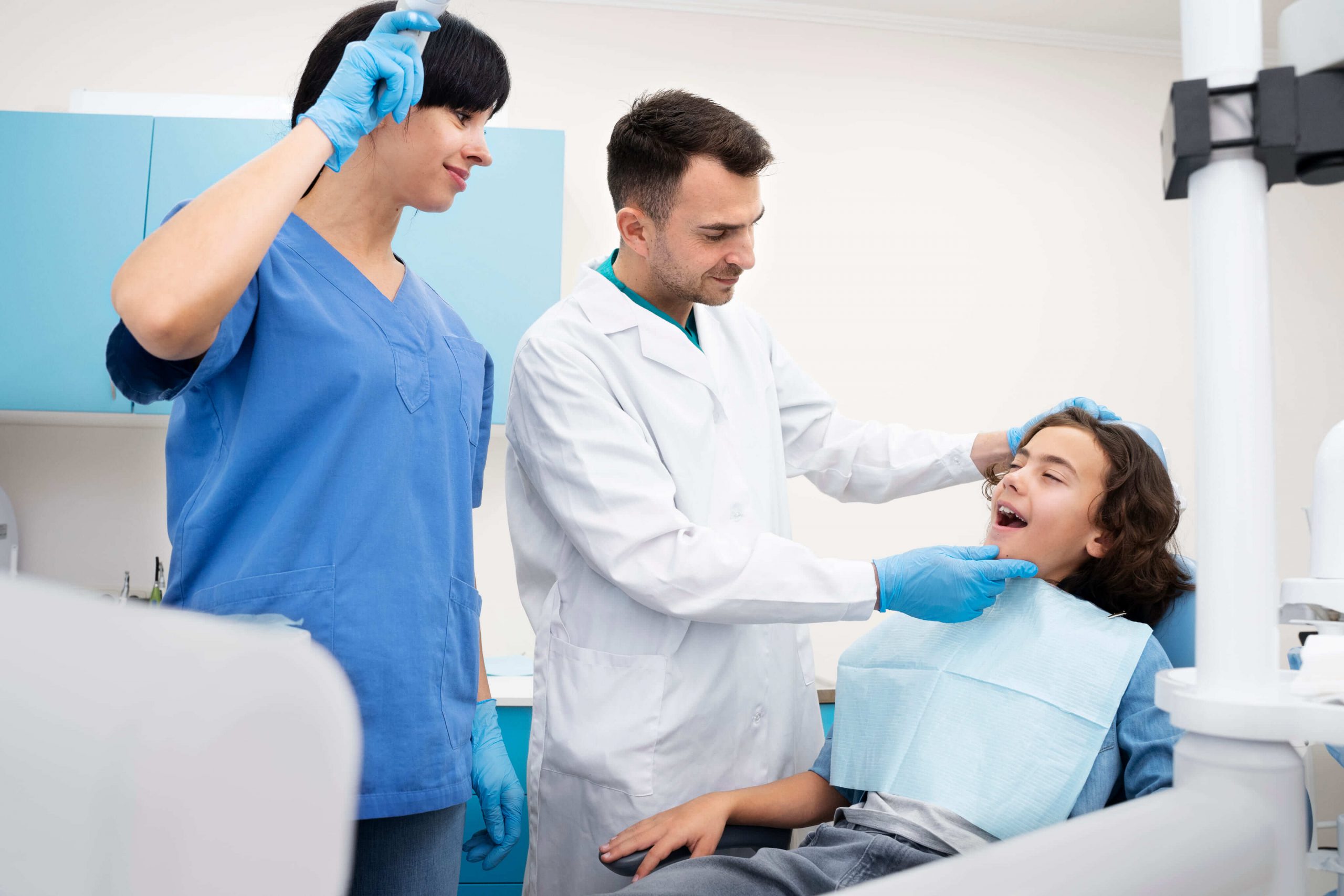
Yes there are situations where root canals need to be removed such as in the event of an abscess or if the tooth is cracked and cannot be fixed. Other situations may not be so cut and dry such as if there is a question about whether or not an infection from a root is contributing to systemic diseases and overall health. Oral health is an important part of overall health as holistic dentists know.
If you are on the fence about whether or not to remove your root canal teeth, this article is for you. People often wonder if infections from root canals can contribute to other health conditions such as cancer, autoimmune conditions and thyroid problems. Do you have Hashimoto’s disease? Root canals are a risk factor in some diseases. Removing root canals reduces risk to infection and inflammation.
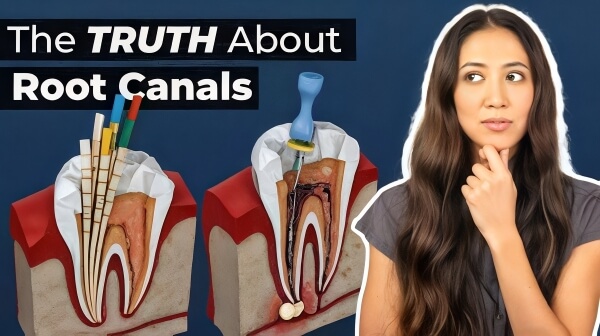
Do root canals cause disease?
Since root canals cause infection and inflammation, it only makes sense that they can contribute to systemic disease. But no one can prove that root canals are bad for your health. Is it even possible to make a direct connection or know how one gets cancer from smoking? No one really knows exactly how cigarettes cause lung cancer. But it does. And we all know it. And of course not everyone who smokes gets lung cancer. Where there is smoke there is always fire, right?
Can Root Canals be Reversed?
Once a root canal is done it can never be reversed. Lazarus cannot be brought back from the dead. When the pulp and nerve tissue inside a tooth starts dying, the tooth will either need to be extracted or a root canal procedure is necessary – it is that simple. Root canals can save teeth, but at what expense to your pocket and health? Should a dying tooth be removed instead of getting a root canal? A dental implant is an alternative to getting a root canal. Dental implants have a better long term prognosis and they are much less likely to spread infection. Dental implants also never decay or need root canals. Related article – root canal vs implant
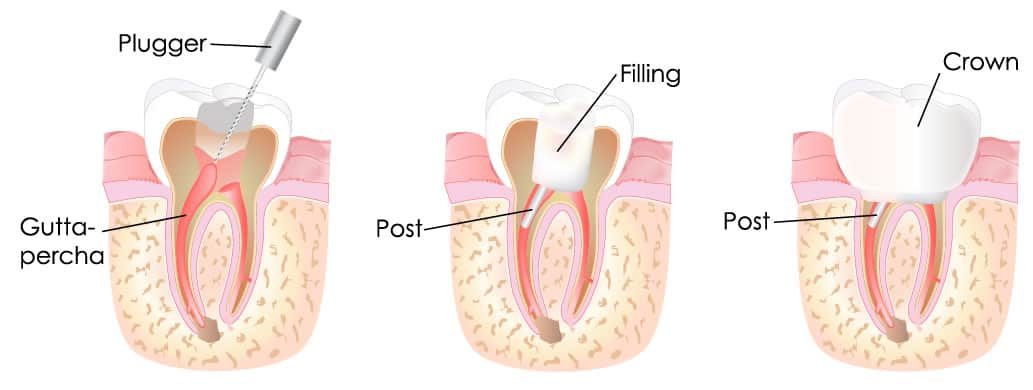
root canal removal options
How long do molar root canals last on the average?
Root canals last 5 to 10 years on the average before causing noticeable pain and problems. This article discusses the pros and cons of root canals and how to safely remove root canals once they abscess and fail. Root canal teeth will eventually crack, break or create an infection inside your jaw. Like a dead tree, the root canal tooth becomes brittle, rots internally and leaks its infestation into the jaw and surrounding lymphatics and blood supply. They do not last forever. Does a root canal cost more than an implant?
Root Canal Removal Protocol Video By Dr Adams:
Are root canals bad for your health?
A root canal is not bad for your heal per se. But if a root canal is infected the bacteria and toxins can be risk factors in other diseases. Some people are also sensitive or allergic to root canal dental materials. Chronic allergies are not good for your health.
A root canal is a filling in the root of your tooth where the nerve used to be. Prior to filling the root, the dentist cleans it as best as they can with bleach. But it is impossible to clean all the pores in the root. Over time, bacteria and fungus can grow in the tooth and leak out into the bone and surround blood supply. The immune system of healthy people will usually kill the bacteria and fungus as it leaks out. But no one really knows what happens or where this bacteria can go in your body. Root canal teeth once extracted can be tested by DNA Connexions to determine the pathogens in the tooth. Holistic dentistry considers how a procedure may impact overall health and attempts to do no harm to overall health.
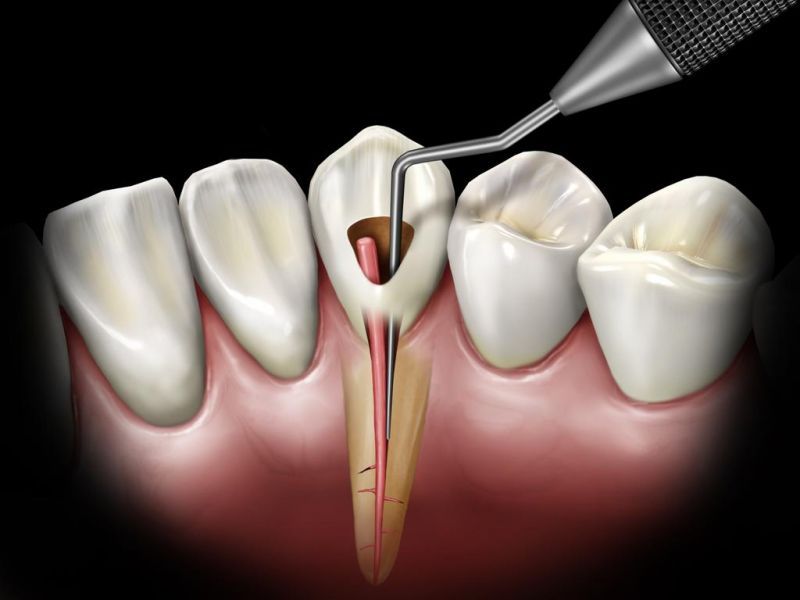
root canal removal or implant
Infections and Toxins in Root Canals can be Dangerous
Bacteria, fungus and toxins can increase the chances of getting diseases such as cancer and autoimmune disease. Additionally, some people can be sensitive or allergic to the filling in the root. It is really that simple. A root that can leak bacteria and filling material can be inflammatory and infectious. Additionally, the dead tooth, like a dead tree gets more brittle over time. And it eventually fractures. These are the reasons why root canals do not last forever. But in certain cases they can last 10s of years. And a root canal is the only way to save a tooth from extraction once the tooth dies. But are you just buying time? And it will need to be removed anyway? Nothing lasts forever. Not the person, the root canal or a dental implant.
Why Do Nerves in Teeth Die?
- Trauma such as a blow to the face can cause spontaneous internal bleeding and tooth necrosis.
- Cavities and tooth Decay can rot and leak into the nerve. Once the pulp of a tooth is exposed it die. Dead teeth need root canals or removal. It is that simple.
- Orthodontics is really an example of trauma. But yes, braces can rarely cause teeth to die. Please do not worry about this. The chances of this happening are very slim.
Alternatives to Root Canals
If a tooth is dying or dead there are no alternatives other than a root canal or extraction. Your best bet is to try to prevent the tooth nerve from dying with treatments such as dental ozone. And correcting the cause of the problem such as a high bite or deep cavity. Implants are considered to be the best alternative treatment to a root canal. A dental implant is not an exact alternative to a root canal since it involves removing and replacing the tooth. Here are all the options:
- Root Canal
- Remove the tooth and do nothing
- Extract the tooth and do a bridge
- Replace the tooth with a dental implant
Are root canals a waste of money and time?
Some people make this decision based upon value and dollars and cents. Considering a root canal on the average lasts 5-10 years, many people will go right to the implant. Implant dentists expect implants to last a lifetime. Others opt to do everything they can to save their natural tooth, spending whatever it takes to try to save their tooth. Some people feel like rather than risk having bacteria leak into their body and losing money, they will go right to the implant. Anyone making an educated decision cannot make the wrong decision. It is up to the patient to select the treatment they want based on informed consent.
What is the biological root canal removal protocol:
- Inject ozone O3 and oxygen O2 gas around the root canal tooth. Ozone will neutralize any bacterial and fungal infection that has spread into the surrounding bone. It will also reduce some of the inflammation caused by toxins leaking out of the tooth.
- Remove the root canal tooth completely being sure not to leave any small pieces of root chips or gutta percha root filling material. Often times root canal teeth will be very brittle and can break into many small pieces. Also pieces of root canal filling material can be filled out the bottom of the tooth root. It is important to remove any filling material as it is a foreign body.
- Remove the periodontal ligament or PDL completely. It is a biological must for the dentist to remove the complete PDL. If the periodontal ligament is not removed, the bone cells cannot migrate into the extraction site and grow bone properly. What can happen is bone and gum tissue will grow over the top of the extraction site, but bacteria will remain in the bottom of the bony socket where the tooth used to be. Bacteria, fungus and toxins can remain for years in old extraction sites and dump their by products into the blood and lymph of the body.
- Remove cyst and granulation tissue from the extraction site. The body will often grow cysts around the roots of the teeth to prevent the spread of toxins, bacteria and fungus. If the cysts are not removed the bacterial and fungal pathogens will remain vital in the extraction site. The cysts have their own blood supply and exchange nutrients ans waste with blood supply and lymph.
- Place oxygen and ozone into the cleaned extraction site. The gases can easily travel through the pores of the bone, killing any infections and promoting healing. Bone lacks a lot of blood supply, so it is very susceptible to infection.
- Place PRF or platelet rich fibrin and completely fill the extraction socket. Do not place any foreign or off the shelf bone graft products. The body will more than likely reject the material and there will be further inflammation and immunological consequences.
- Place sutures to proximate as closely as possible any gum tissue that may be loose. The sutures can also act to hold the PRF into the extraction site.
- Allow 4 – 6 weeks of healing and re-evaluation the site for proper healing. Administer additional ozone if necessary. Placement of implants can be considered at this time if there is no infection and adequate bone. If necessary, bone grafting and PRF treatments can be performed. Sometimes implants and grafting can be done at the same time.
Root Cause Netflix Movie Controversy
A documentary called “Root Cause” is available on Amazon but has been removed by Netflix. Root Cause details some of the medical concerns about root canals and jaw bone infection. Root canals are thought by many to cause cancer and autoimmune disease. The truth of the matter is – it is not that simple. On one side of the argument, supporters of root canals say “no peer reviewed studies have linked root canals to cancer or heart disease.”
Health Concerns about Root Canals is Controversial
On the other side, a group of dentists and doctors have noticed that a disproportionate number of their sick patients have root canals. No one can prove that root canals do not cause cancer and autoimmune disease either. It is very difficult to “prove” what causes a disease. Does anyone really know what causes cancer? What we do know is root canals can not be completely clean and do contain bacteria, viruses and fungus. We also know over time, these same pathogens and their toxins leak out into the jawbone and surrounding blood supply. We also know these same bugs can be implicated in certain infection and disease. Not everyone gets sick in any situation. It all comes down to what bug or toxin is present and the susceptibility of the patient.
A bacterial, viral or fungal infection is a primary disease condition. It is easy to relate cause and effect in a “primary disease condition.” Caner or autoimmune disease is at least a secondary disease condition. It is much more difficult if not impossible to prove cause and effect of a secondary disease condition. Typically, there will be an insult such as bacteria or cigarette smoke and possibly an immediate disease condition such as bronchitis. Later, who’s to say what caused lung cancer, but suffice to say, “do you really need to see the fire, if there is smoke?”
Then depending on the person and their systemic response, the bronchitis may progress to other secondary disease such as asthma, emphysema, cancer or whatever. The secondary disease may also come years later or never come at all. That is why some people can smoke 2 packs a day till they are 90 years old and never get lung cancer, but for others, smoking a few cigarettes a day while in college may lead to lung cancer later in life.
The truth – it is ridiculous to say that root canals do or do not cause cancer because no one really knows for sure. But as in most facets of life, it is best to make the best decision for yourself provided all the facts and information.
How Safe Are Root Canal Procedures?
- Root Canal teeth are dead teeth where bacteria, fungus and other pathogens can live unchecked by white blood cells and your immune system. This presents a unique problem where pathogens and toxins can reach concentrations unlike any other common infection. Root canals leak bacteria into jawbone and other parts of the body. Roots of teeth cannot be completely cleaned and bacteria, fungus and their toxins persist and increase in numbers over time and they slowly leak all the time.
- Root canal teeth have foreign material in the roots called gutta percha. Gutta percha is latex based and can contain metals, phenols and formocreasol. Needless to say, particles of these chemicals can leak out the roots and become immunological systemic irritants.
- If an allergist or another doctor believes a root canal may be contributing to systemic illnesses such as Cardiac, Cancer, Lupus, Hashimotos, Thyroid dysfunction.
- Cleaners such as bleach are used to clean the roots of the teeth during root canal treatment. No question some of the bleach can leak out of the tooth and into your jawbone. When getting a root canal re-treatment a dangerous chemical called chloroform is placed into the tooth to dissolve old contaminated gutta percha.
Should I Remove My Root Canals?
Root canal removal has many considerations and alternatives. Theoretically it would be a good idea not to have any root canals, but what happens when you remove the root canals and how many root canals do you have? If you have several root canals or your front tooth is a root canal, can you live without the tooth? Can you afford to place dental implants to replace the root canal teeth? Of course you can remove the root canals and get partial dentures. What are the conditions of the root canals you have anyway. You should most definitely remove the root canals if:
1. There is evidence of acute infection – bone loss in a dental x-ray. Bone loss means something must be eating away at your bone. That something eating bone is bacteria, fungus and your immune system.
2. If there is pain – pain on biting indicates acute infection and inflammation in the bone and gum surrounding a root canal tooth
3. If there is swelling – swelling means bacteria are in such high numbers that they have spread to another space such as your mouth, cheek or sinus.
4. If the root canal tooth smells bad – the bad smell is usually coming from bad gases produced by the bacteria and fungus in your tooth
5. If the root canal tooth is significantly darkened – dark teeth are usually full of fungus and bacteria. Dark teeth are usually leaking bacteria and fungus in higher numbers and are a huge risk for abscess.
6. If you have any systemic illness that may be caused by the root canal.
A very similar technique can be used to extract wisdom teeth with ozone and PRF to optimize healing.
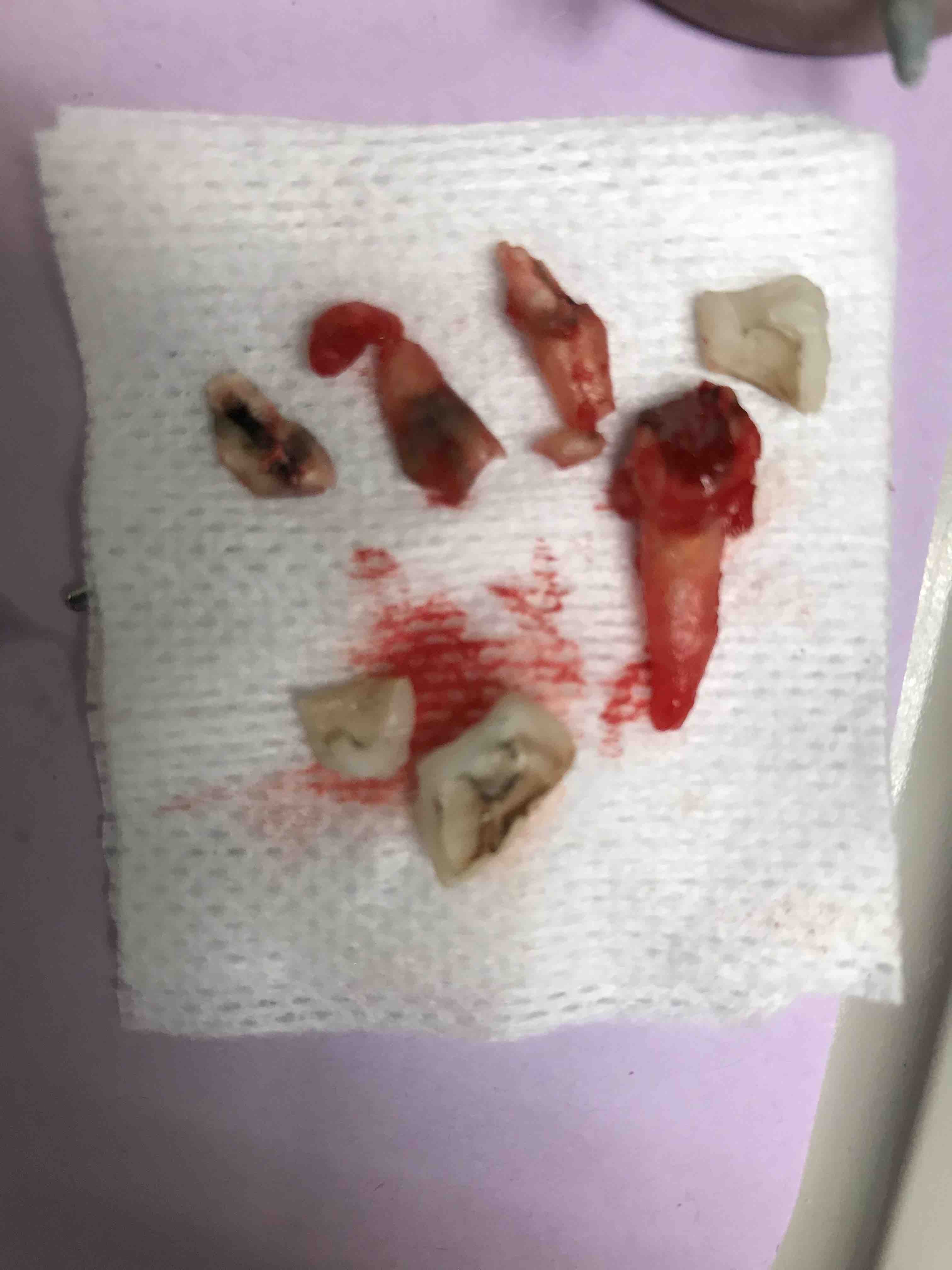
root canal removal 1
Can Root Canals Make you Sick Video?
Are implants an alternative to root canals video:
Root Canal Alternatives: Implant vs Partial Denture vs Bridge
- Zirconia Implant – a non-metal zirconia implant is the best replacement for a tooth. Most of the time, implants cannot be placed immediately after removing a root canal because of the damage and infection caused to the bone by the root canal tooth. Root canal removal followed by a bone graft and platelet rich fibrin treatment will be necessary followed by a 3-6 month healing period. After the healing period typically a dental implant can be placed by a dental implant surgeon.
- Partial Denture – a partial denture is usually not acceptable to most patients in the civilized educated world of Burtonsville Maryland, DC metro area and many other parts of the world. Dentures are not permanent, they rub the gums during eating and feel thick and uncomfortable. Partial dentures over the long-term will lead to more tooth loss. For most, the partial denture is only a temporary solution if one at all.
- Bridging teeth is a poor idea because it connects teeth making it more difficult to clean. It also places more pressure on fewer teeth. Ultimately bridging teeth leads to more tooth loss. Bridge vs Dental Implant
Zirconia implants for teeth replacement
Both are a good options, but metal free zirconia implants may be better near the front of the mouth because they are natural or tooth colored and more cosmetic. Gum tissue will also never look dark or metallic around zirconia implants. If you are a clencher or grinder, titanium implants may be better. If you need a large implant bridge such as all on 4 dental implants, titanium implants may be better.
Factors to consider when removing a root canal
Biological dentists who remove root canals can be difficult to find. Especially dentists who remove root canals carefully and properly. Not all root canal removals are the same. The holistic dentist needs to evaluate the tooth, remove it carefully and finally clean and repair any and all damage to the underlying bone and gum.
Root canal teeth are dead. Dead teeth are brittle and can break into little pieces and be difficult to remove. Removal of a root canal tooth is a lot more difficult than removal of a regular tooth. The best strategy is to remove the tooth by taking out the roots one at a time. Once the roots are removed, the dentist can evaluate the root canal extraction site for bone damage, cysts and bacterial and fungal infection. The dentist will need to remove the PDL, any cysts, remove any dead bone, clean all the bacterial and fungal infections. Once the extraction site has been treated, a natural bone graft can be placed to facilitate new and healthy bone growth back into the extraction site.
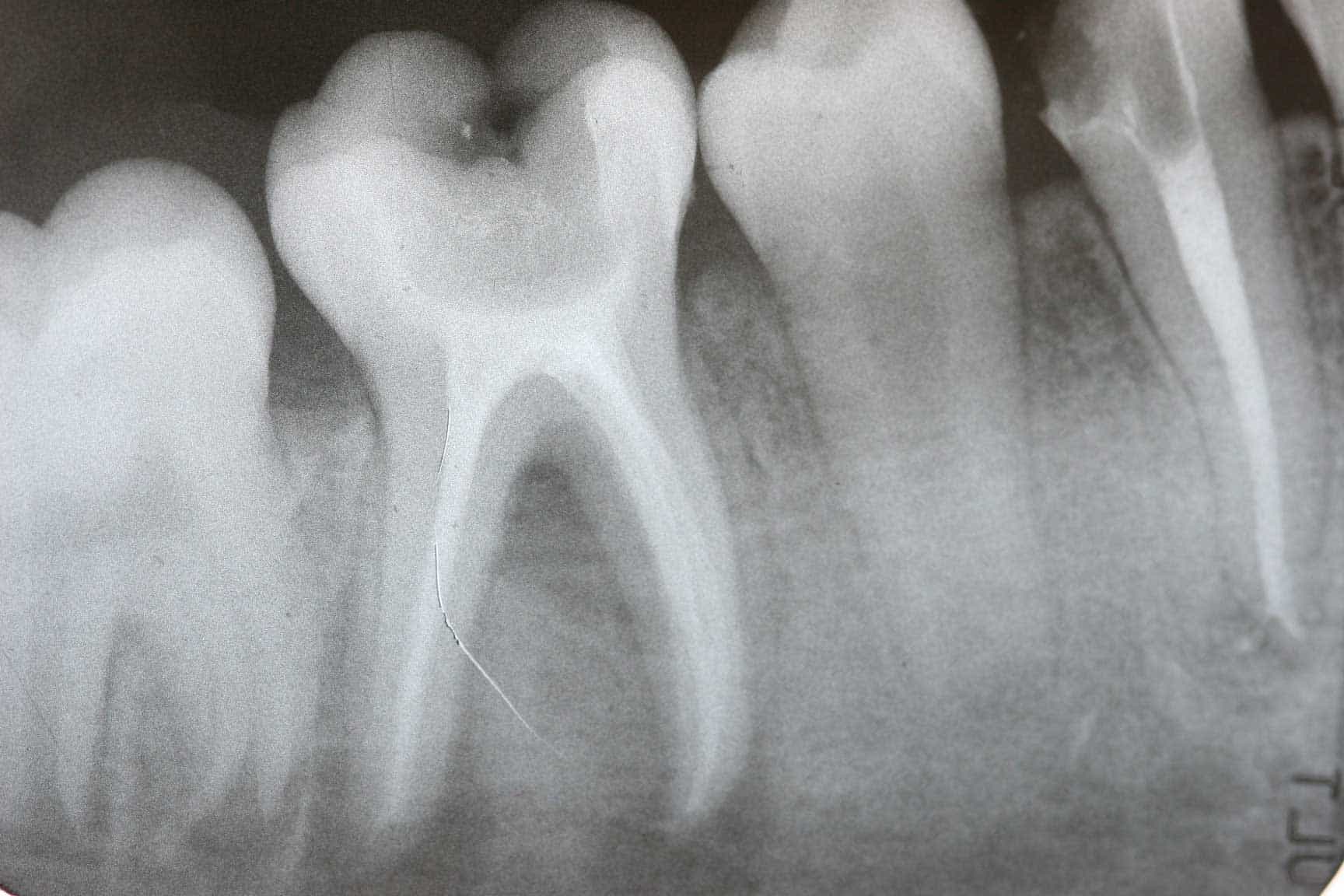
cavitation
A natural bone graft involves treating the pores of the bone with dental ozone gas, and placing a mixture of PRF and bone minerals and membranes. The process described may be easy or very complex and difficult depending on the extent of the damage caused by the root canal tooth. In extreme cases of infection of the upper teeth, infection can involve the sinus and can be very difficult or impossible to repair. Bone damage and risks of severe infection is one reason why to consider avoiding root canal treatment whenever possible.

 (301) 421 1996
(301) 421 1996 burtonsvillesmiles@gmail.com
burtonsvillesmiles@gmail.com